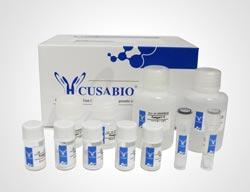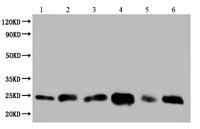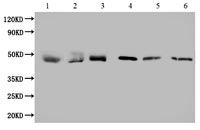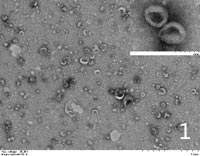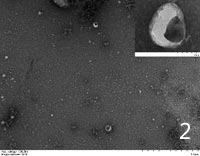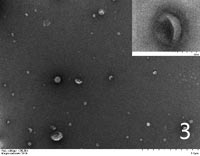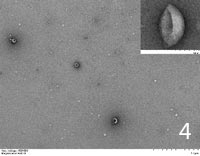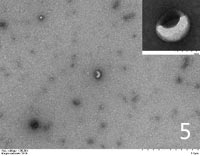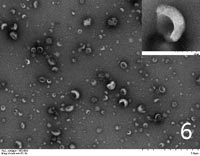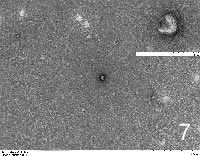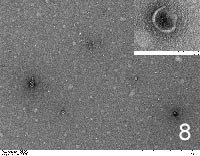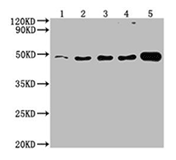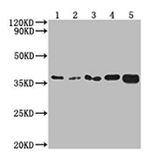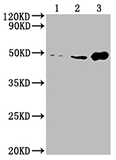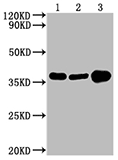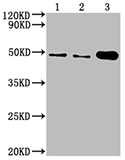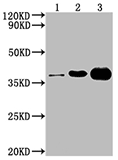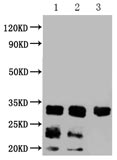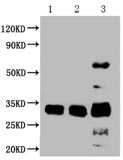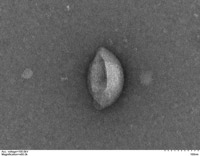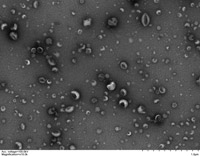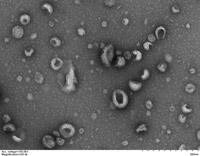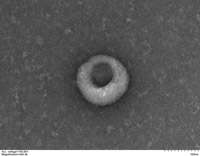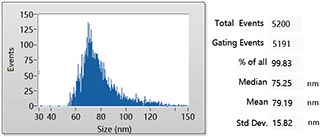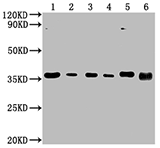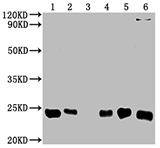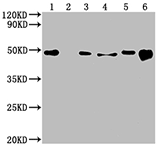Making good use of various tools in scientific research can greatly improve work efficiency and increase the possibility of obtaining the expected experimental results, even achieving twice the result with half the effort. An exosome kit is an excellent tool for exosome-associated research.
Exosomes are nanoscale vesicles (30-150 nm) secreted by almost all cells, with phospholipid bilayer structure, containing complex parent cells-deriving cargos including DNA, sRNA (mRNA, microRNA, and non-coding RNAs), proteins, lipids, and other substances. Exosome-carried cargo can reflect the status and molecular characteristics of parent cells. So isolating and extracting exosomes can help to study the functions and features of the parent cells and thus analyze diseases.
Recent studies have shown that exosomes act as a connection between cells that can transport proteins, lipids, and nucleic acid to the target cells and also as tools for disease diagnosis, as well as related clinical biomarkers. They play a role in various pathological physiological processes, such as blood vessel formation, antigen presentation, apoptosis, tissue repair, immune reaction and inflammation, tumor growth and metastasis, and so on. Exosomes can also be engineered as a drug transport system directed to diseased tissues or organs.
Obtaining high-purity and intact exosomes is an essential prerequisite for exosome research. Although there are multiple traditional methods for exosome isolation, low purity and yield are the major problems. CUSABIO offers Exosome Isolation Kits (affinity purification) that can rapidly and efficiently isolate intact and high-purity exosomes from the cell culture medium and body fluid, including cell culture supernatant, serum, plasma, breast milk, and urine.

